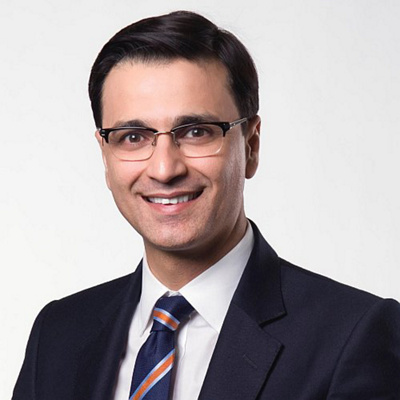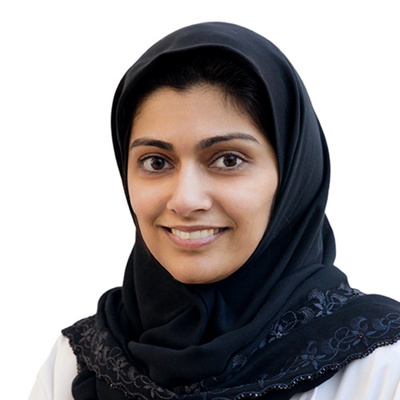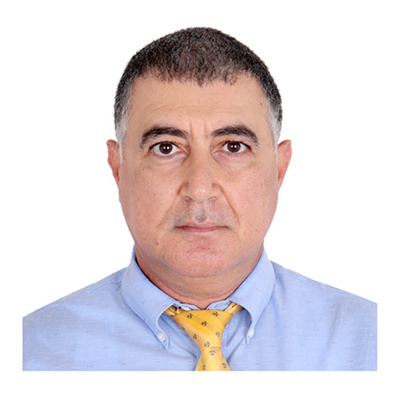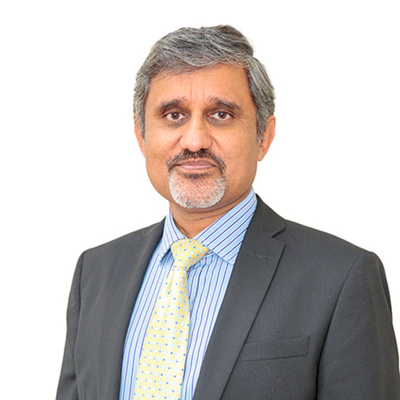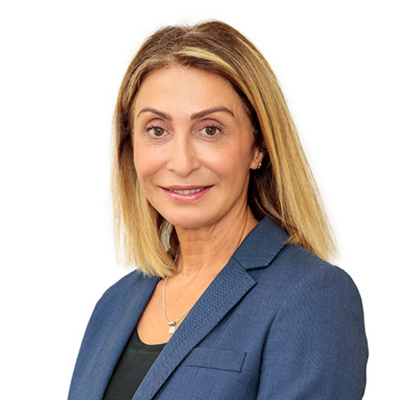Medical Oncology deals with the prevention, diagnostic clarification and drug therapy of tumour diseases. Together with tumour surgery and radiotherapy, medical oncology aims to remove the entire tumour tissue, or if this is no longer possible, to reduce and control the tumour with the objective of maintaining the patients' quality of life and prolonging their life expectancy. In addition to a specific tumour-targeted therapy, supportive and palliative treatment as well as aftercare of cancer patients is very important
Oncology Outpatient Clinic
Here a consultant oncologist/ haematologist will go through your diagnosis, full history, staging of the cancer, consult a whole team of experts in a multidisciplinary team meeting to ensure that you receive treatment tailored to your specific diagnosis. The oncologist will provide you with medical care throughout your treatment and provide follow up care after your treatment. There will be support for you 24/7 to manage all side effects of treatment to ensure that you receive efficient and effective treatment.
Sunday to Friday 0800hrs – 1800hrs
Chemotherapy Ward
The chemotherapy ward provides care for patients receiving chemotherapy, immunotherapy, hormonal therapy, blood transfusions, injections and other forms of cancer treatments. Our multidisciplinary team of doctors, nurses, pharmacists, dieticians, physiotherapists and occupational therapist are available to provide expert care. All staff work with one goal in mind which is to provide excellent clinical and nursing care delivered compassionately to patients.
Your treatment will be administered by a specialist trained nurse who has the support of a medical team present on the unit
Opening Times: Monday to Friday 0800hrs – 1800hrs
What is chemotherapy?
Chemotherapy is defined as the administration of specific medication, either as an infusion or as tablets, aiming to destroy the cancer cells in the body.
Some types of cancer can be treated mainly with chemotherapy, such as leukaemia and lymphomas. For other types of cancer, chemotherapy is used after an operation and/or radiation therapy. Here chemotherapy should kill any remaining tumour cells in the body.
However, chemotherapy may also be performed before surgery. This aims to reduce the size of the tumour and to improve the surgery’s prospects of success. When the chances of curing the cancer dwindle, chemotherapy may possibly be performed to alleviate patients’ symptoms and thus improve their quality of life.
Next to the examination and therapy rooms there is a modern laminar air flow cabinet where chemotherapies can be prepared safely and swiftly on site. The tumour centre laboratory is integrated into the Mediclinic laboratory system and fulfills the same quality requirements. As a result, the time input for laboratory and therapy preparation is kept to a minimum, which means that the patients can begin their therapy
What makes us unique and different from others?
- Multi-disciplinary team approach: regular tumour board meetings are held to determine the best possible therapy for each patient. Various medical specialists come together at these meetings to discuss treatment options for new or existing tumour patients and plan their therapies. The tumour board members include specialists from medical oncology, haematology, radiation oncology, pathology, visceral and thoracic surgery, gynaecology, urology, ENT, neurosurgery, pneumology, gastroenterology, nuclear medicine and diagnostic radiology
- Private patient rooms for chemotherapy
- Specialist nurse for treatment administration
Conditions treated
We look after patients with solid tumours, particularly:
- Breast (Breast cancer)
- Female reproductive organs (ovarian cancer, endometrial cancer)
- Lung (lung cancer)
- Gastrointestinal tract (oesophageal, stomach, colon and rectum cancer, pancreatic cancer)
- Kidneys and efferent urinary passages, prostate and testicular tumours
- Head and neck (brain tumours, ORL tumours)
- Soft tissue (Sarcoma)
- Tumours of the blood and lymphatic system
- Lymphoma, Myeloma, chronic leukemia
Therapies
- Outpatient and inpatient chemotherapy
- Molecular directed (targeted) therapies
- Immunotherapies
- Endocrine (hormone) therapy
- Supportive therapy (incl. transfusions)
- Palliative care
Specialised treatment Services:


